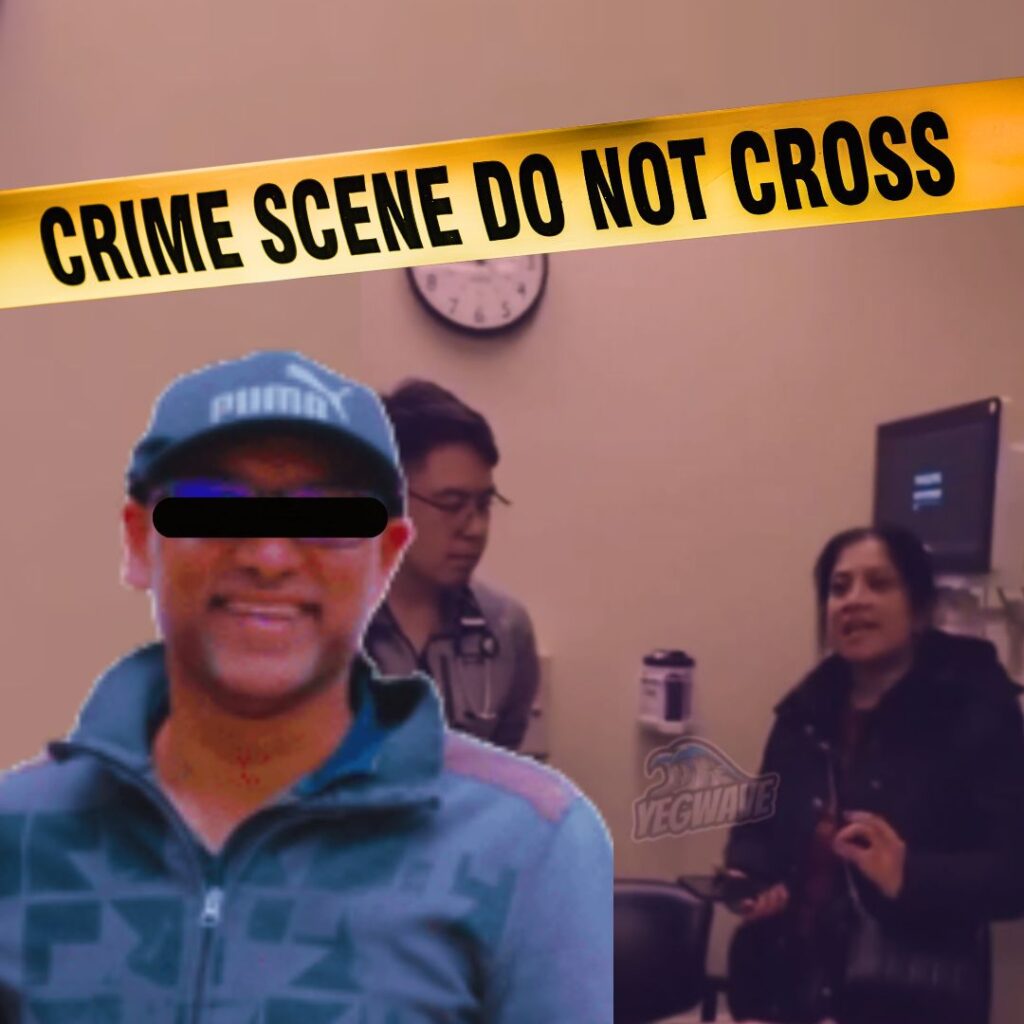To promote inclusive education, the North Delhi Municipal Corporation is training its 7,500 teachers on understanding transgender identities including trans-children in classrooms.
The training covers a range of topics including – understanding transgender terminology, what it means to be a trans person in a school, how can teachers create a supportive environment in schools for all genders, myths and misconceptions, and recent judgments on the subject, officials said.
‘Further promoting the goal of inclusive education, after its training on the inclusion of children with special needs in NDMC schools, the Education Department has started training all its 7,500 teachers and principals on promoting inclusion of children with transgender identities in classrooms,’ the NDMC said in a statement.
Through the project titled ‘Purple Board’, the teachers are trained in multiple one-hour sessions in groups of 250 participants each. The sessions are taken by SPACE(Society for People’s Awareness, Care and Empowerment), an NGO which has been working on participative inclusion of transgender persons in society for many years, the statement said.
‘The training aims to ensure that every child, regardless of gender identity, is able to make full use of the educational opportunities available and to equip the teachers to be able to ensure full participation of all children in the classroom,’ it added.
Anjan Joshi, Executive Director, SPACE, told Hindustan Times, ‘We will be training around 500 teachers and principals per day in two to three different batches for a month-and-a-half. We are glad that the civic body has engaged us in this programme, as this will be the first such initiative for municipal schools, where children are young and need to be dealt with sensitively from early on.’
The sessions are carried out with the help of case studies. In the first two days of the session alone, nearly 1,000 teachers were trained, with very active engagement. Enthusiastic about the sessions, many attendees said the webinars help them in recognising the needs of such children, along with equipping them to better deal with their needs.
Once schools reopen, the NGO will conduct a refresher course for teachers. They will also hold a session on gender issues for children, along with their parents.
Stating that it is important to introduce schools to trans-identities, the terminologies associated with them and the needs and rights of such persons, Joshi added, ‘It is a matter of education and awareness. There have been many cases when transpersons have shared their experiences of being bullied, abused or mocked when they were merely class 2 or 3 students, not just at the hands of peers but even teachers at times.’
‘At such a young age, such experiences can deeply impact a child’s mind and how they begin to identify with their own selves. These are the issues that will be addressed through these training sessions,’ he further said.
He added that a gender-neutral atmosphere in schools is necessary as many children, who do not conform to the gender identity they are assigned at birth, face identity issues as they grow.
Last year, the Delhi government had also launched a training curriculum for teachers to handle concerns of trans-students.
Basics Of Sign Language For Teachers, Students
In yet another step towards inclusivity in education, the NDMC has also been training teachers in the different aspects of disabilities and how to include children with special needs in the same classroom.
‘It has been made compulsory for all teachers to learn the basics of sign language, after which they will help all students of classes 4 and 5 learn the same. This is crucial because children who have hearing disabilities are not able to communicate even with their peers, friends or parents, as nobody understands sign language except for them, which isolates them and affects their overall development,’ Ira Singhal, deputy commissioner of the North body, who is leading the initiative, told the media.
‘It will be a fun exercise for all regular students as well to learn sign language and be able to have a basic conversation with their peers when they are assimilated in the same classroom,’ Singhal added.
Furthermore, NDMC, along with special educators, will conduct an assessment of all students to identify undiagnosed disabilities, including learning disabilities, for early intervention. Currently, over 1,000 children with special needs are enrolled in the civic body’s schools.
Life Skills To Be A Part Of Curriculum
The NDMC will also be making at least 35 life and survival skills a part of the curriculum taught in municipal schools. These will include skills such as reading maps, how to strike a conversation, road rules, how to be safe while using social media, how to manage time, money, visit a bank, know about helpline numbers in times of emergencies, gender sensitisation, and how to seek help from strangers or respond to disasters, among others.
‘The reforms are part of a l…











